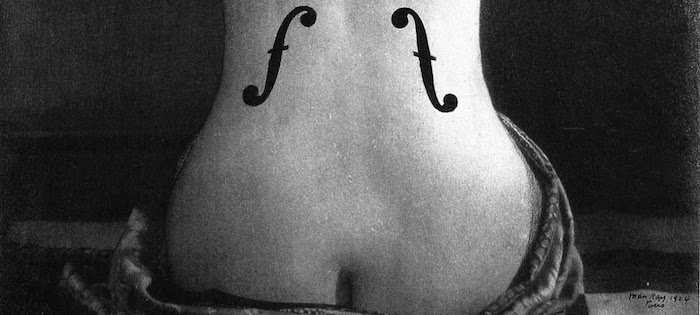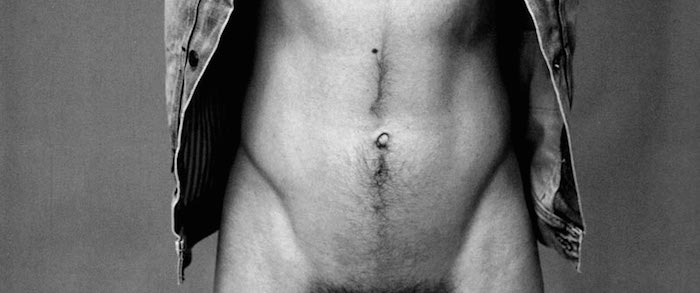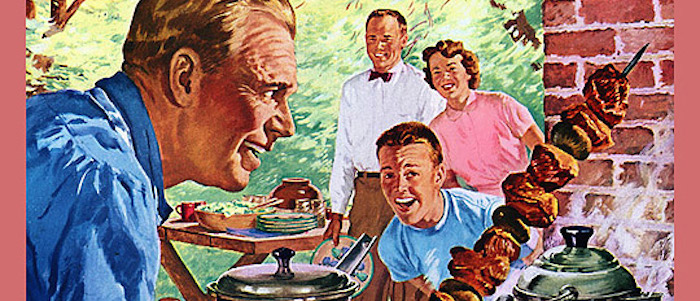As March comes to end, and with it the madness of millions of college students (former and current) obsessing over young men in shorts chasing balls, it seems appropriate to present our own tournament, with a bracket and everything. The obvious choice: literary sex writing.
There is a good reason most awards given for sex writing are for bad sex writing: to commit to words that most intimate and personal act is generally a doomed undertaking. For even our best writers, to describe sex is to veer between the biological and the euphemistic, the soft-focus and the fluorescent. It rarely works. And yet many have tried, and will continue to do so.
We’ve assembled 16 iconic passages about sex, and have organized them into a single-elimination tournament bracket (see below). In winnowing down to 16, from many, many worthy candidates, we chose to divide the tournament into four eras, organized around marked shifts in received mores—in looking for passages over the last 200 years, we’ve tried to balance a representation of the literary canon as it was created (by straight white guys) with the need for varieties of human experience. Starting tomorrow, we’ll reveal the passages and the winners of each round, as chosen by our wonderful judges: Roxane Gay, Eileen Myles, Candace Bushnell, Garth Greenwell, Naomi Jackson, Alexander Chee, Sarah Nicole Prickett, and Molly Crabapple. Click through below for details on each division…
ERA I: Everything prior to the 1922 publication of James Joyce’s Ulysses.
Yes, that represents a lot of literature, particularly by euphemizing white guys.
 Detail from Man Ray’s “Ingres’ Violin.”
Detail from Man Ray’s “Ingres’ Violin.”
ERA II: The Lost Generation and After
Things got pretty transgressive after civilization tried to destroy itself in the First World War.
ERA III: Lolita and Everything After
Lolita is not a book about sex, but it captured the steady seethe below America’s dual drive to conformity and prosperity, a suburban mode that would serve as an irresistible literary foil for the next half century.
 Detail from Robert Mapplethorpe’s “Dans La Peau.”
Detail from Robert Mapplethorpe’s “Dans La Peau.”
ERA IV: The 1980s to Now
The utopianist 60s collapsed into the dark, dark 70s, and then… LATE CAPITALISM!





